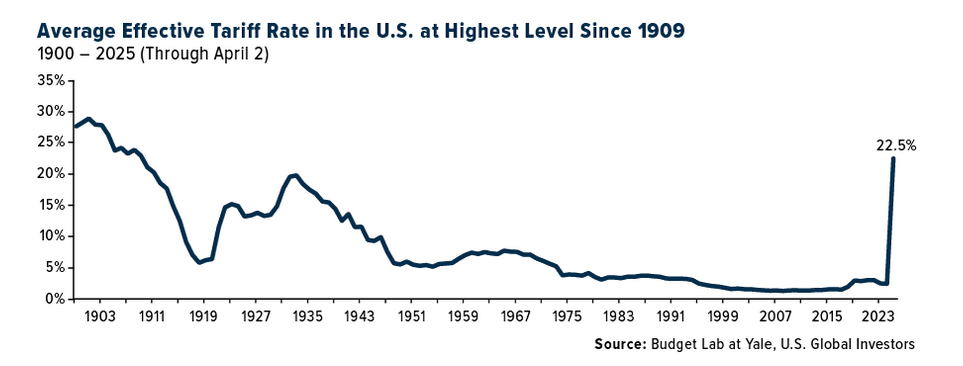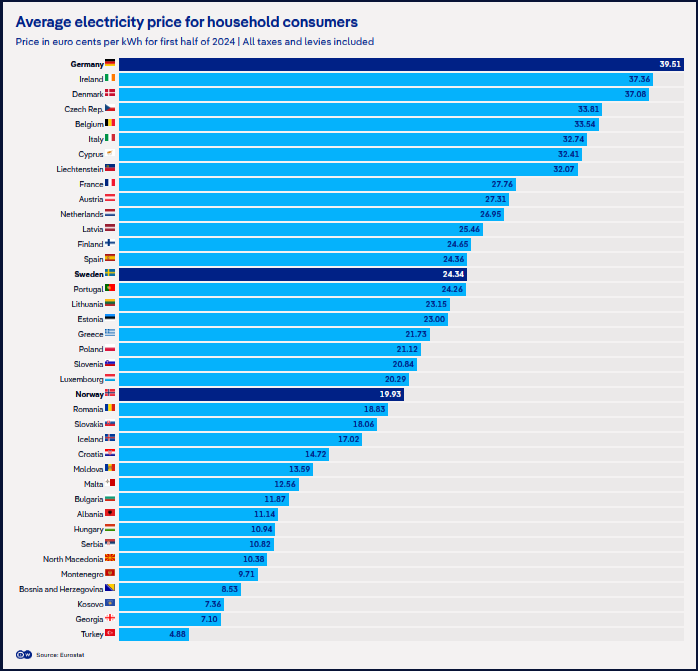On February 10, I wrote about savings rate in the US in the article How High Will The US Personal Savings Rate Go?.
As a follow up to that piece, here is a chart showing household savings in the UK, USA, France, Germany and Japan since 1980:
Source: The Global Economic Crisis: Systemic Failures and Multilateral Remedies, UNCTAD (United Nations)
In the above research paper, UNCTAD says:
“Without the high level of consumption in the United States, today most of the developed world and many emerging-market economies would have much lower standards of living, and unemployment would be much higher.”
With regard to the economic growth in the US and UK, the paper says:
“Indeed, the consumption boom in the United States since the beginning of the 1990s was not well funded from real domestic sources. To a significant degree it was fuelled by the speculative bubbles that inflated housing and stock markets. The “wealth effect†of higher prices for housing or stocks led households in the United States and in the United Kingdom to borrow and consume far beyond the real incomes that they could realistically expect, given the productivity growth of the real economy and the dismal trends in personal income distribution. With overall household saving rates to close to zero (figure 1.1) consumer demand in both countries expanded rapidly but at the same time the growth process became increasingly fragile because it meant that many households could only
sustain their level of consumption by further new borrowing. ”
The graph above clearly shows that the savings rate in the US deteriorated overtime from 10% in 1980 to reach 0% in 2004. The French and the Germans save about 15% of their disposable income. Interesting to see that in the past few years savings level in Japan has fallen below that Germany and France.




I’m not sure just how they calculate the National Savings Rate, but I would bet that a good portion of the recent rise in it is due to money simply going from one place to another. A ton of people including myself are carrying a much larger cash position than normal, not reinvesting called bond money and the like. I don’t know how they sift those kinds of things out, but my guess is the recent jump is far to great for it to be “new” savings money. I would also guess that quite a number of people who have gotten laid off, have gotten some sort of severence pay or simply back pay due them and they have put that money in what would be considered a savings account, but only for the purpose of living off of it when their current pocket change runs out.
Hi David
Thanks for the comment.I agree with your views.Yes some of the recent spike in savings rate is due to folks keeping cash as cash instead of putting it work in the markets – both bond and equity markets.
I am not sure how they calculate either.I am doing some research on the savings issue and plan to write another article on it this weekend.
-David